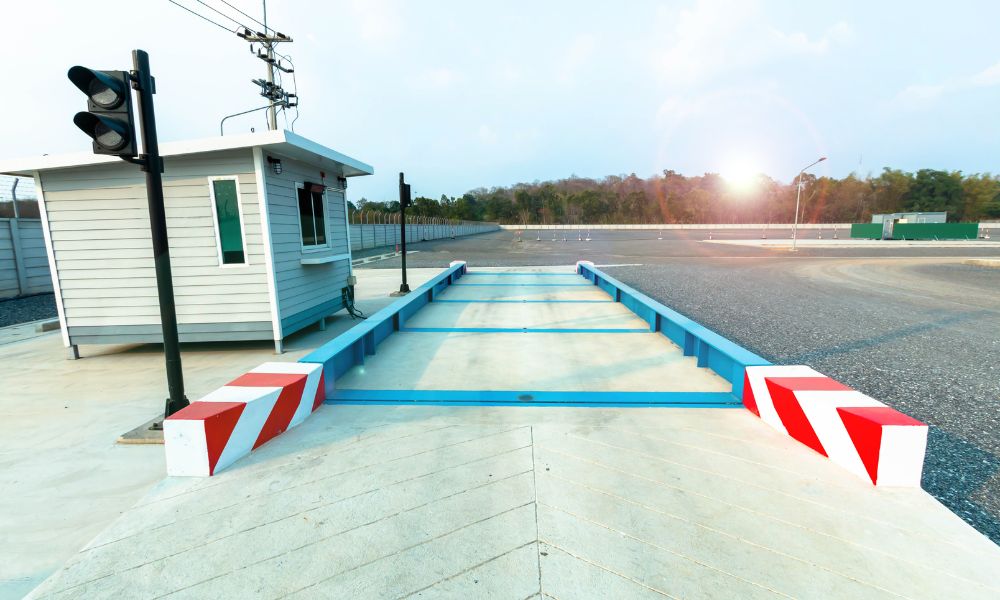In industries where precision, safety, and regulatory compliance are paramount, the installation of weighing scales is far more than a technical afterthought—it is a critical process that directly impacts your operations. Whether you operate in logistics, manufacturing, agriculture, or retail, a properly installed scale can be the difference between efficient productivity and costly errors.
Let’s explore why professional scale installation is essential, focusing on its impact on accuracy, safety, and compliance.
1. Precision and Long-Term Accuracy
One of the primary functions of a weighing scale is to provide accurate measurements. However, even the most advanced and expensive scale can deliver incorrect results if it’s not installed correctly. Proper scale installation ensures:
-
Level positioning and load distribution
Uneven placement can cause skewed readings and chronic calibration issues. -
Environmental consideration
Professionals account for temperature fluctuations, vibration, and airflow, which may otherwise affect the scale’s performance. -
Calibration from the start
Certified installers calibrate the system during setup, ensuring immediate reliability and accurate baseline readings.
Without this level of expertise, businesses may face repeated calibration issues, leading to inaccurate data that affects billing, batching, and inventory.
2. Operational Safety
Poorly installed scales—especially large industrial models—can present significant safety risks to employees and equipment. These hazards may include:
-
Tipping and imbalance
Improper anchoring or base installation can result in scale tipping, posing risks in high-traffic areas. -
Electrical and data hazards
In digital or connected scale systems, wiring errors can lead to malfunctions, data losses, or even electrical fires. -
Overload or mechanical failure
Scales must be matched to load capacity and usage conditions. Professionals assess load cells, platforms, and structural elements to avoid dangerous breakdowns.
Using a professional scale installation service ensures that all safety protocols and manufacturer specifications are followed to the letter, protecting both your workforce and your bottom line.
✅ Explore expert scale installation service that guarantees precision, safety, and performance.
3. Legal Compliance and Certification
For many commercial and industrial operations, weighing systems are not just operational tools—they are legal instruments. Regulatory bodies such as the National Institute of Standards and Technology (NIST) in the U.S. or Weights and Measures authorities require that scales used in commerce meet strict standards.
Professional installation helps with:
-
NTEP and other legal-for-trade certifications
Certified installers understand the requirements for obtaining compliance documentation. -
Recordkeeping and traceability
Installers often provide detailed documentation for regulatory audits and internal quality control. -
Audit readiness
A properly installed and certified scale ensures that your business is always ready for inspection and avoids hefty fines or business disruptions.
4. Reduced Downtime and Maintenance Costs
A poorly installed scale can cause chronic issues that result in unexpected downtime. This can interfere with production schedules, delay shipments, or disrupt services.
In contrast, professional installation minimizes these risks by:
-
Reducing wear and tear through proper alignment
-
Preventing incorrect use through technician guidance and training
-
Ensuring system integration with minimal configuration issues
By starting with expert installation, you’re essentially investing in long-term operational efficiency.
Conclusion
The installation of industrial or commercial scales is not a DIY job—it’s a specialized task that demands knowledge of engineering, compliance, and safety. Whether you’re installing a truck scale, a floor scale, or a bench-top unit, partnering with professionals ensures that your equipment performs accurately, safely, and within legal frameworks.
Choosing a trusted scale installation service is a proactive step toward protecting your business from avoidable costs, safety risks, and compliance headaches. It’s not just about placing a scale—it’s about laying the foundation for reliable, efficient operations.









